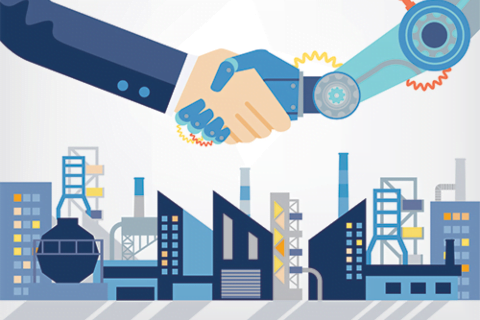By Jo Causon, CEO, The Institute of Customer Service
The presence of robots and Artificial Intelligence in the workplace is no longer the preserve of fiction. But what impact are technological advances having on customer service that relies so heavily on understanding human emotions and reading situations through experience and empathy?
AI = Answers Instantly? Artificial Intelligence does have a role to play in customer service, especially as we see modern consumers becoming ever more demanding.
Take the example of speed and timeliness of service. Technological advances have encouraged the expectation of ‘always on, immediately answered’ and AI systems can help by directing customers immediately to a member of staff with the relevant expertise to deal with the problem they have highlighted. But that is not all. AI can – and should – be used to drive efficiency. Used intelligently it can take help speed up processes so that customers no longer have to spend as much time going through processes, instead using the time saved to speak to real people.
In other words, AI can take the emotion out of processes to put emotional intelligence at the heart of the customer-organisation relationship. Postpone the Robot Takeover! Of course, there is still a human present in the process. It is important that organisations do not become entirely reliant on AI and automation. If it is applied across the board without any personal interactions, organisations risk damaging customer relationships. AI can be used to speed up the logistical process of contacting an organisation but it doesn’t yet have the ability to understand human emotions and the vagaries of conversations with a customer. If businesses are to avoid the risk of alienating and losing, maintaining these human relationships will be critical.
So, while AI can clearly help businesses save significant amounts of time and money, key human competencies are still needed to take full advantage of this. To offer the emotional intelligence, employees need to be equipped with the softer skills such as listening, and collaboration to serve the modern customer. They need to be given the responsibility and autonomy, to be able to deal with customer complaints independently and feedback any opportunities for improvement. Only then can organisations take full advantage of the speed that AI can inject into customer service operations.
In the relationship economy, personal engagement and conversations rather than transactions are absolutely critical to ensuring repeat purchases and ultimate improvements to the bottom line. AI can lay the foundations but businesses still need the people who can build on this.




Comments (0)